Gameday: A Whistle-Blower's Story of the UNC Academic Fraud Case
Gameday case
Introduction
Collegiate sports are estimated to be a $16 billion business [1]. The success of collegiate sports programs greatly depends upon the academic advisors who oversee student athletes' studies. More than 460,000 NCAA student-athletes compete in 23 sports every year [2]. According to the NCAA website, member schools support their student-athletes' academic success by providing "state-of-the-art technology, tutoring and access to academic advisors.” Student-athletes look to these advisors to provide advice and guidance on academic majors and course selection.
A CNN investigation found public universities across the country where many student-athletes in basketball and football programs specifically could read only up to an eighth-grade level [3]. For ill-prepared student-athletes, juggling academics and sports to remain eligible to play can be difficult, which has led to an increase in fraudulent ineligibility schemes [4].
Many schools have been reported as having disturbing trends of athletes clustering into certain courses and athletic-friendly professors who provide independent study courses too frequently to athletes [4]. At the University of North Carolina at Chapel Hill (hereafter UNC) an academic fraud was exposed that experts argue is the most historic academic fraud case in collegiate athletics.
[1] Barrett, P. (2014, June 6). New Evidence of Academic Fraud at UNC. Retrieved July 24, 2015, from http://www.bloomberg.com/bw/articles/2014-06-06/new-evidence-of-academic-fraud-at-unc
2 Student-Athletes. (n.d.). Retrieved July 24, 2015, from http://www.ncaa.org/student-athletes
3 Ganim, S. (2014, January 8). Some college athletes play like adults, read like 5th-graders - CNN.com. Retrieved July 24, 2015, from http://www.cnn.com/2014/01/07/us/ncaa-athletes-reading-scores/index.html
4 Kane, D., & Stancill, J. (2014, October 22). Fake-class scheme aided UNC players' eligibility, Wainstein report says. Retrieved July 24, 2015, from http://www.newsobserver.com/news/local/education/unc-scandal/article10104428.html
